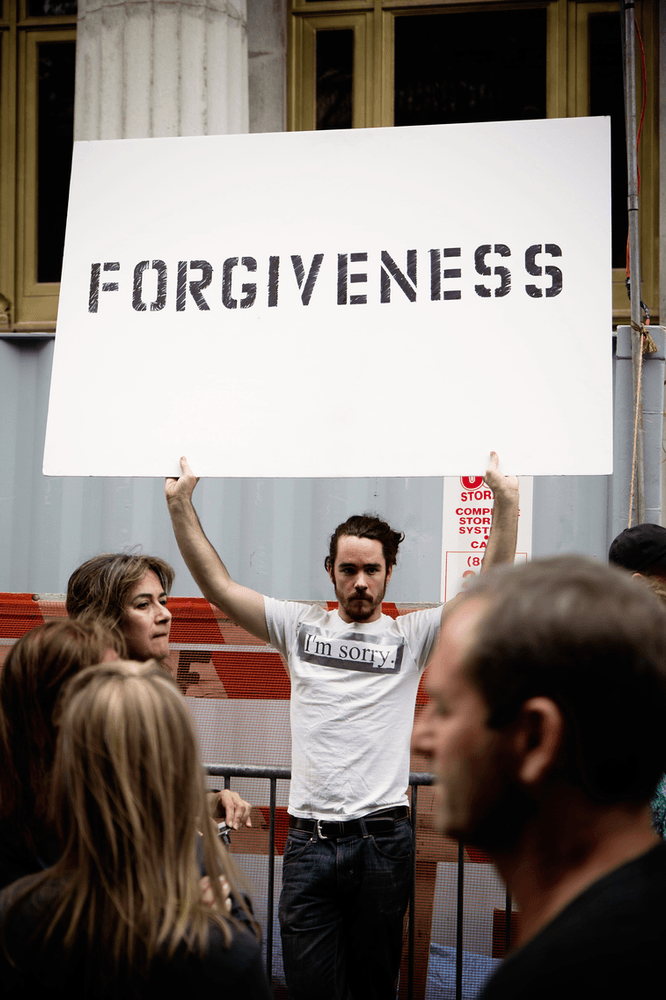forgive people, God, and yourself

Total forgiveness, then, means forgiving people—totally—and also forgiving God. But it also must include the total forgiveness of ourselves.
One common complaint every church leader hears is this: “I know God forgives me, but I just can’t seem to forgive myself.” This is such an important concept that we will discuss it further later in the book. But I must say here and now: there is no lasting joy in forgiveness if it doesn’t include forgiving yourself. It is anything but total forgiveness if we forgive God and those who hurt us but we are unable to forgive ourselves. It is as wrong as not forgiving others, because God loves us just as much as He loves others; He will be just as unhappy when we don’t forgive ourselves as when we hold a grudge against others. Put simply, we matter to God. He wants our lives to be filled with joy. He not only wants us to forgive ourselves, but He also wants it urgently.
Total forgiveness brings such joy and satisfaction that I am almost tempted to call it a selfish enterprise. As we have seen, the wider research that is taking place these days has already overwhelmingly concluded that the first person to experience delight when forgiveness takes place is the one who forgives.
R. T. Kendall, Total Forgiveness: When Everything in You Wants to Hold a Grudge, Point a Finger, and Remember the Pain - God Wants You to Lay It All aside (Lake Mary, FL: Charisma House, 2010).











